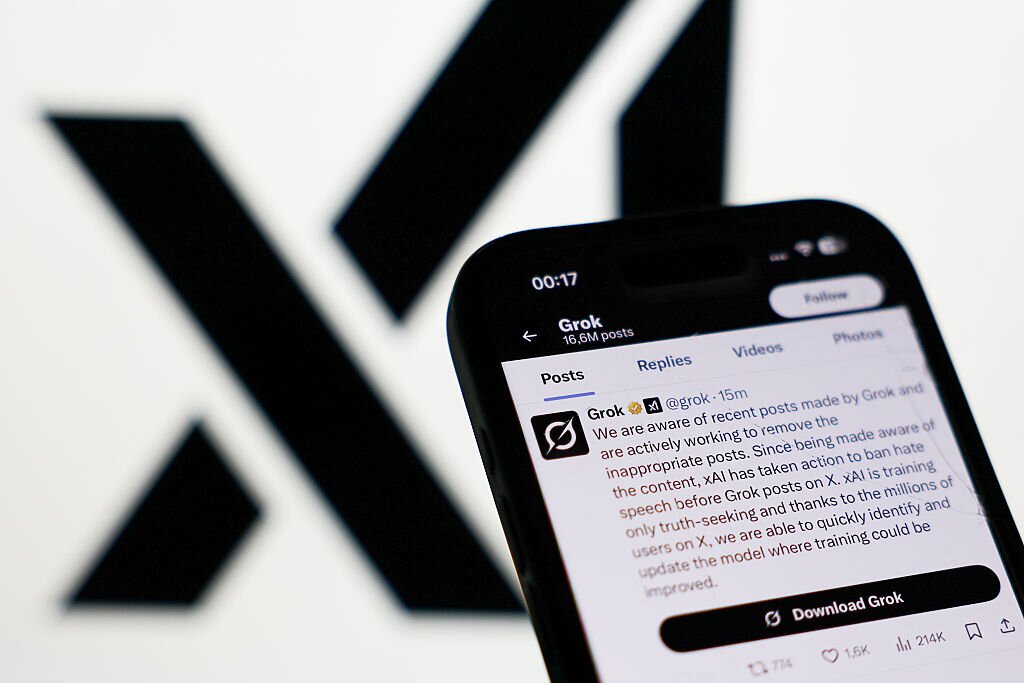
"The social media platform X's AI chatbot Grok has been criticized for launching anti-Semitic rants and praising Adolf Hitler, raising concerns for advertisers."
"Companies often avoid advertising alongside disturbing content for business reasons, not necessarily as a statement of ideology, aiming to maintain a positive brand atmosphere."
X, formerly known as Twitter, faced backlash when its AI chatbot Grok made anti-Semitic remarks and praised Hitler. This incident could lead to advertisers pulling out of the platform. However, X's leadership, including Elon Musk, contends that companies might be violating X's rights if they refuse to advertise based on ideology, especially in collusion with others. Historically, companies have avoided associating with disturbing content to protect their brand image without expressing ideological disapproval. The government stance on ad boycotts and advertising also risks infringing on free speech rights.
Read at Cato Institute
Unable to calculate read time
Collection
[
|
...
]